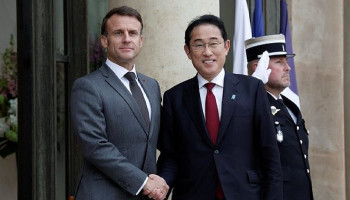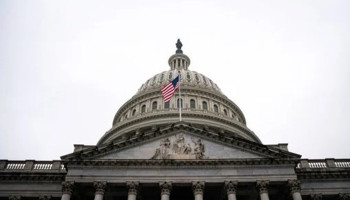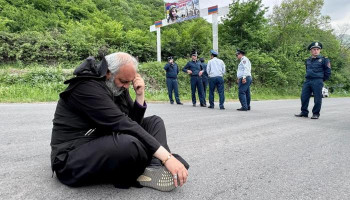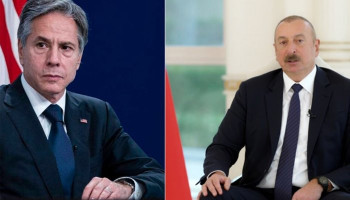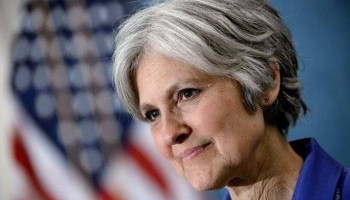After a murderous war that has lasted nearly half-a-decade, killed 250,000 people and sent 4.4 million refugees fleeing for safety, it is tempting to cloak the merest hint of progress in euphoric terms.
Yet the tentative accord thrashed out by the International Syria Support Group and announced by John Kerry and Segei Lavrov in Munich on Thursday seems no more likely to herald peace in our time than an ill-fated previous agreement reached in the same city on the eve of the Second World War.
In fairness, the protagonists steered clear of hyperbolic expectations - and with good reason.
Humanitarian aid is to be delivered to besieged areas in the next few days, followed by a “cessation of hostilities” - a term distinct from ceasefire, apparently allowing for a likely resumption of violence - within a week.
Mr Kerry, the US secretary of state, seemed under no illusions about the difficulty of achieving even such limited goals.
“This is ambitious,” he said, flanked by Mr Lavrov, Russia’s foreign minister. “The real test is whether all the parties honour those commitments.”
The agreement theoretically represents the first statement of intent to halt brutal fighting that began - lest it be forgotten - in the weeks of soaring hope at the height of the Arab Spring.
The trouble is the continued existence of powerful forces with an interest in continuing the war.
The cessation will not apply to the Islamic State of Iraq and the Levant [Isil] or to the al-Nusra front, a group affiliated to al-Qaeda, both of which have been designated as terrorist organisations by the United Nations and which have little interest in stopping hostilities in any case.
Equally important, neither Mr Kerry nor Mr Lavrov could give assurances that their respective clients - the Western-backed rebel groups fighting Bashar Assad’s regime or Mr Assad’s forces, supported by Russia - would comply.
Mr Lavrov said Russia would not desist from fighting “terrorist” groups in Syria. Yet its bombing raids have targeted organisation considered by the West to be legitimate rebel groups opposed to Mr Assad.
Missing from the agreement is any definitive statement on the status of Mr Assad, whom Russia - as well as Iran - see as part of any solution but whose removal the West and its allies deem essential to lasting peace to Syria.
None of this appeared lost on Phillip Hammond, the Foreign Secretary, even in hailing the accord as an “important step” towards relieving Syrian suffering - if implemented.
He left no doubt that this was a big if, adding “It will only succeed if there is a major change of behaviour by the Syrian regime and its supporters.












